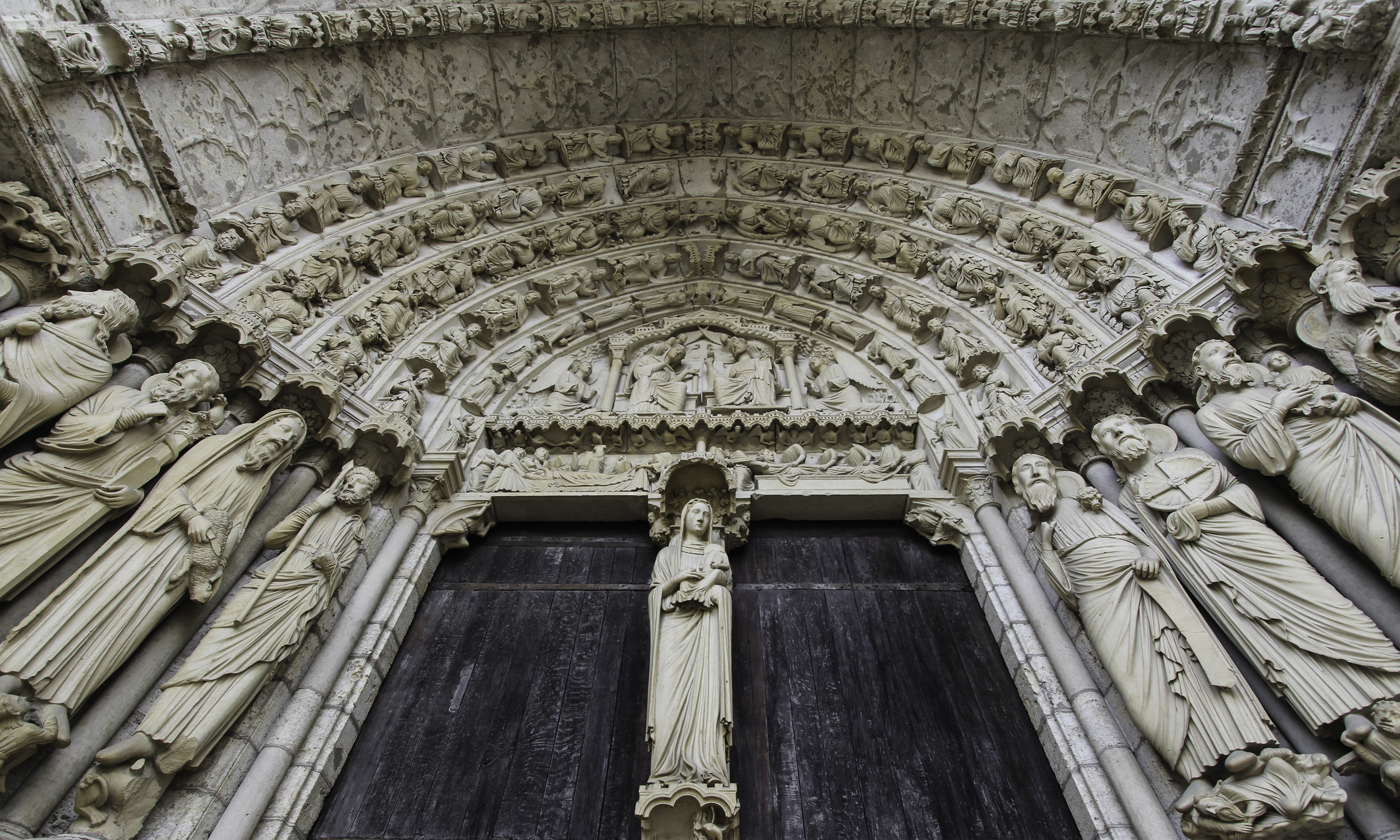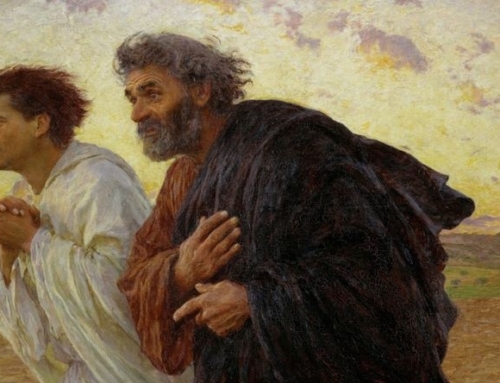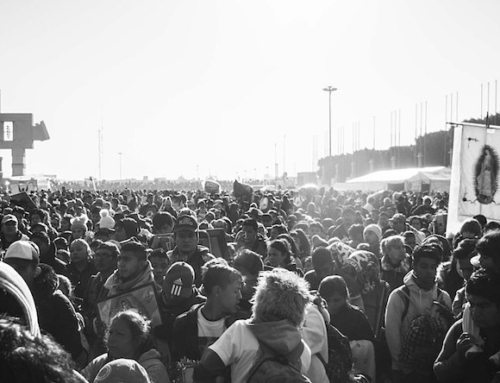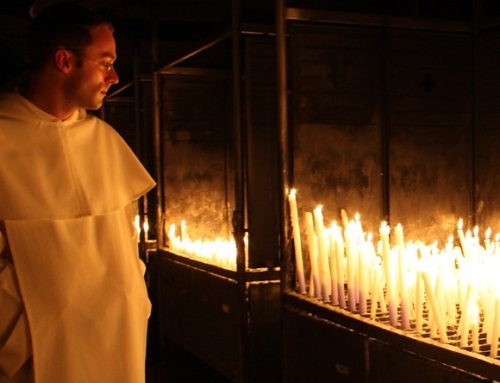Editor’s note: This post recaps and concludes last week’s series discussing the the Five Solae.
“A man is most often right in what he affirms and wrong in what he denies.”
This pithy statement by the nineteenth-century Anglican theologian F. D. Maurice provides a helpful hermeneutic in exploring the five solae of the Protestant Reformation, which express five major points of doctrine held by the Reformers that differ from the Catholic Faith:
Sola Gratia (Grace Alone)
Solus Christus (Christ Alone)
Sola Scriptura (Scripture Alone)
Sola Fide (Faith Alone)
Soli Deo Gloria (Glory to God Alone)
Sadly, even after the period of internal reform within the Catholic Church during the 16th century, the five solae of the Protestant reformation continue to represent areas of disagreement between Christians and, 500 years later, many Christians remain separated from full communion with the Catholic Church. And yet, as they engage together in ecumenical dialogue and charitable works, Protestants and Catholics often find that they agree on more than they had previously thought.
If one looks at a list of the five solae, one notices that each of the five mentions something that is also a fundamental part of the Catholic Faith: God, Christ, Grace, Faith, and Scripture. Each of these—a love for God and for Jesus Christ, a great reverence for Sacred Scripture, and gratitude for God’s gifts of grace and faith by which God saves us—is integral to the Catholic Faith and is a necessary part of the life of the Catholic Church.
In fact, the Catholic Church has, for 2000 years, upheld (and when necessary, shed its blood in martyrdom for) these very things throughout the world. It is precisely because she so desires that God, Christ, Grace, Faith, and Scripture be appreciated in their fullness, according to the “deposit of faith” (2 Tim 1:13-14), that she is extremely cautious toward any innovative beliefs, which could deny some aspect of that fullness.
Thus the doctrinal disagreements between Protestants and Catholics lie not in what is affirmed with the first word but in what is denied by each sola taken as a two- or three-word phrase. While the first word of each sola affirms an important part of the Catholic Faith, there is a “but not…” statement through the addition of the word sola (Latin for “alone” or “only”), which implies the denial of some aspect of the Catholic Faith.
Yet understanding what is denied by each sola can be a difficult task because the five solae, often used as brief slogans or catchy titles for the principles of Protestantism, do not themselves explicitly name what is being denied. This can be very confusing and often contributes to misunderstanding and further distance and division between Protestants and Catholics.
Following the suggestion of F. D. Maurice, that we are especially prone to error in what we deny, it can be profitable to openly explore and discuss what has been denied once we are sure about what can be affirmed in common. Thus, as many Protestants this year commemorate the 500th anniversary of the start of the Protestant Reformation, we have considered anew the five solae of Protestantism. Each of the posts in this Solae Series has given us a way to reaffirm the full truth of the Catholic Faith, while never denying what the Catholic Church holds in common with Protestants.
After 500 years, we do not imagine that these five blog posts will resolve the disputes regarding the five solae. However, just as Pope Francis attended the opening event commemorating the 500th anniversary of the Protestant Reformation, we also desire to acknowledge the brotherhood that exists between Protestants and Catholics as Christians (Unitatis Redintegratio, 3).
It is our hope that by discussing each of the five solae, some Protestants and Catholics will better understand the partial unity in faith that we do share and better understand one another on points over which we disagree. We pray that this will contribute to a fellowship in Christian charity (Jn 13:35) that may one day grow into a more perfect communion in faith and sacramental life.
May God give us the grace, five hundred years after the start of the conflicts and divisions which still divide and wound the Body of Christ, to work together in honoring Christ’s prayer for the unity of his Church, that we may be one (Jn 17:20-23).
✠
Image: Fr. Lawrence Lew, Salve Mater Ecclesiae, used with permission







